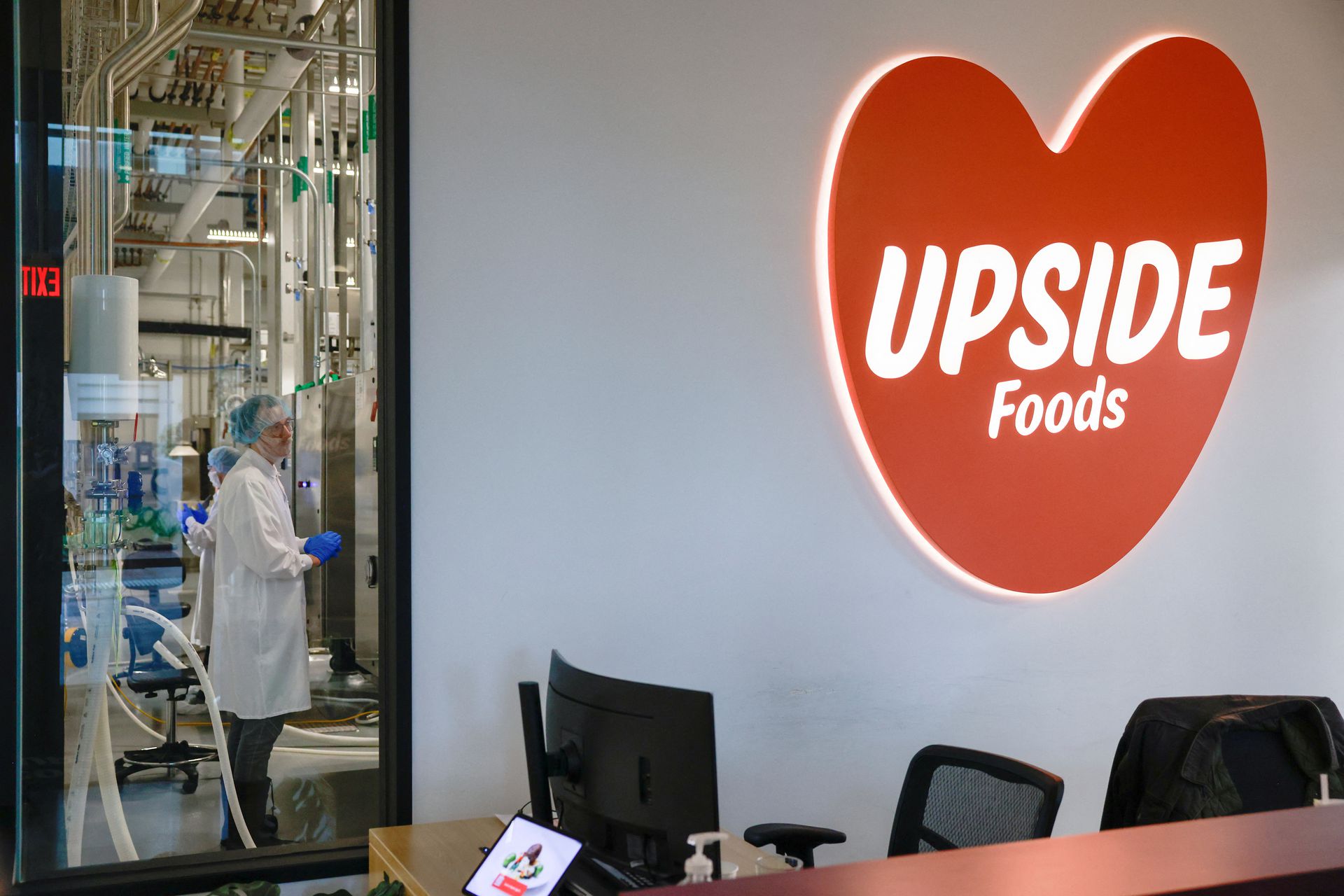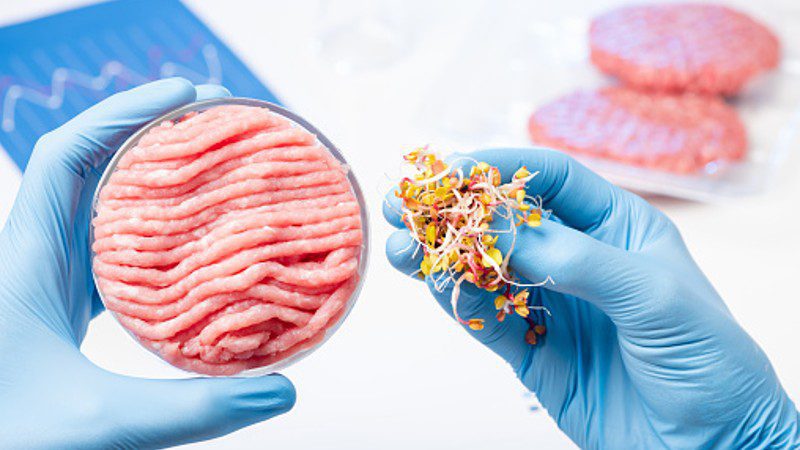Quotes from Vegconomist, February 9, 2024
According to advocates of lab-grown meat, this technology could offer a sustainable and humane way to feed the world, with positive impacts on the environment, human health, and animal welfare. However, the feasibility and implications of mass-producing cultured meat are still unclear and may pose challenges for society and the ecosystem.
A new study that combines insights from law, sociology, and biochemical engineering explores how cultured meat could affect society. The study examines the questions that arise from the production and consumption of meat grown from animal cells in a laboratory.
The Leverhulme Trust supports this research, which received an APEX Award, with grants from the British Academy, the Royal Academy of Engineering, and the Royal Society.

Multiple-task study
The main goal of the new cross-disciplinary research initiative is to examine and address possible challenges that may arise from the wider accessibility of cultured meat.
The project will examine the technical aspects of production, such as cost and energy requirements, waste management (a pending issue), and the environmental impact. It will also evaluate potential risks to farming jobs and investigate how the law can safeguard people when cultured meat is traded across countries.
** To access the complete text, please click here **









